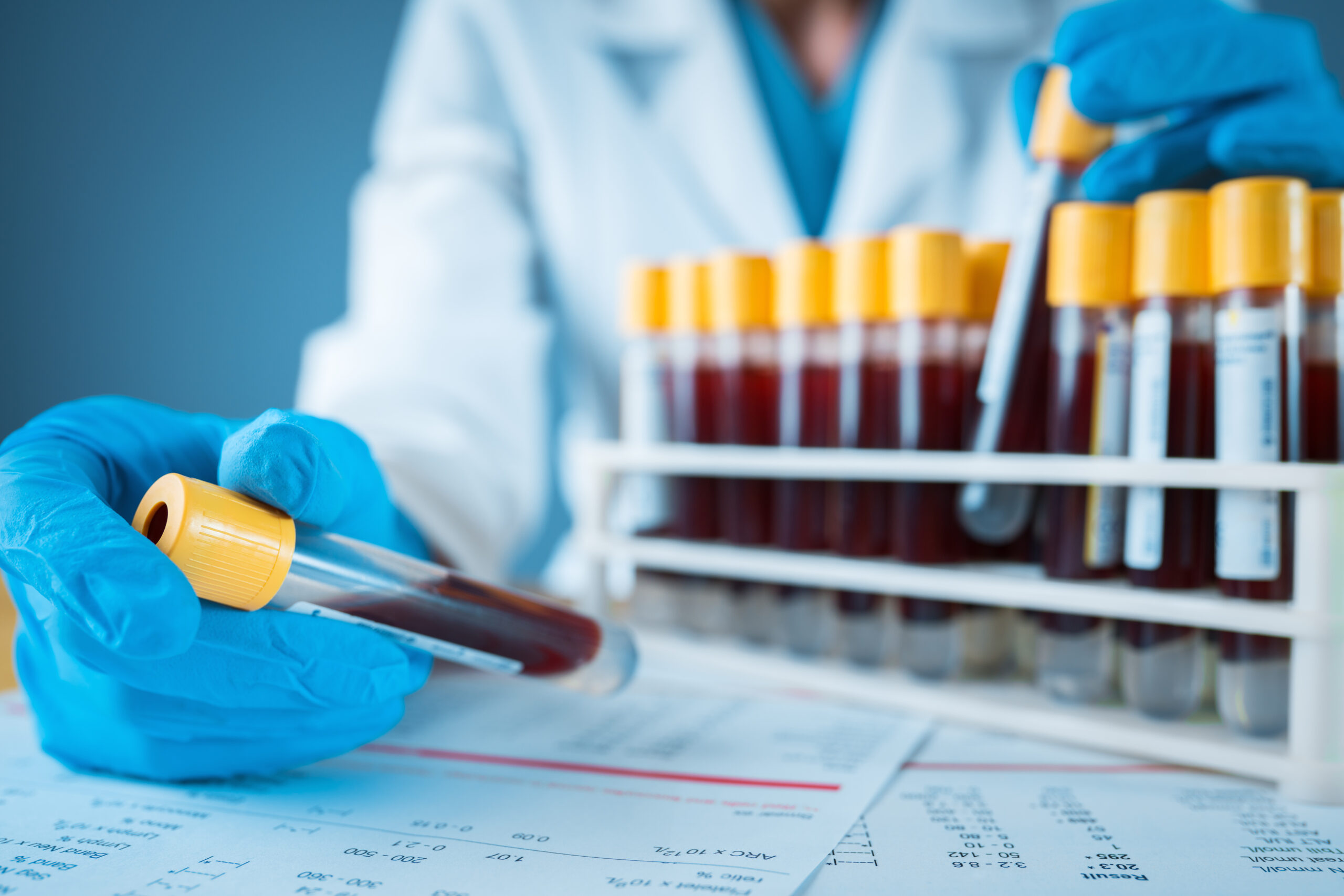Accumulated evidence worldwide shows that blood type affects the risk of SARS-CoV-2 infection, with blood Type O being less susceptible and non-O blood types more susceptible, according to recent research. The results of a new data model by Dr Peter Ellis, Senior Lecturer in Molecular Genetics and Reproduction at the University of Kent’s School of Biosciences in the UK reveals the most likely explanation is that SARS-CoV-2 infection behaves similarly to a blood transfusion.
He said: “Evidence globally suggests that blood Type O individuals are less likely to contract Covid than those with non-O blood types, however the magnitude of this difference varies substantially between regions. Using information from around the world, our latest data model indicates that SARS-CoV-2 infection behaves similarly to a blood transfusion, and that infected patients are two-to-three times more likely to pass the virus on to someone for whom they are a compatible blood donor.
“This explains why Type O people have a lower risk of infection. Just as they reject blood transfusions from non-O types, they may reject virus particles from a patient with non-O blood, thus escaping infection.
“However, individuals with Type O blood are universal donors that can give blood to anyone,” Dr Ellis continued. “Similarly, once infected, they are also able to infect others of any blood type. Conversely, those with Type A blood (the most common non-O type in the UK) are more likely to catch the virus and less likely to pass it on.”
These transmission effects also mean that differences in the frequency of blood types may partly explain variations in epidemic severity worldwide, as countries with a wider diversity of blood groups will present natural barriers to virus circulation, he commented.
“In the light of this, the University of Kent’s School of Biosciences examined whether it would be useful to prioritise vaccination based on blood type. Crucially, they discovered that prioritising either more infectious (Type O) or more vulnerable (Type A) people reduces the overall efficacy of the campaign to reduce infections.
“Our conclusion is that prioritising any single blood type for vaccination is worse than choosing at random. The growing perception that ‘Type O means you’re low risk’ is not a safe conclusion for the broad public. Being Type O may mean you’re personally slightly safer, but you’re more of a risk to other people whilst you remain unvaccinated.”
Dr Ellis’s paper, ‘Modelling suggests ABO histo-incompatibility may substantially reduce SARS-CoV-2 transmission’, was published recently in the journal Epidemics.







